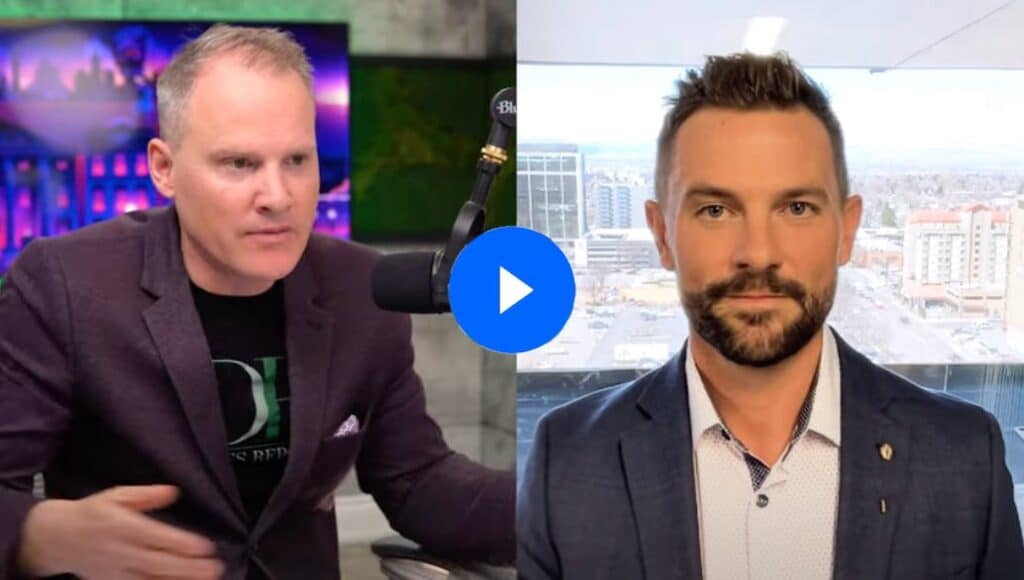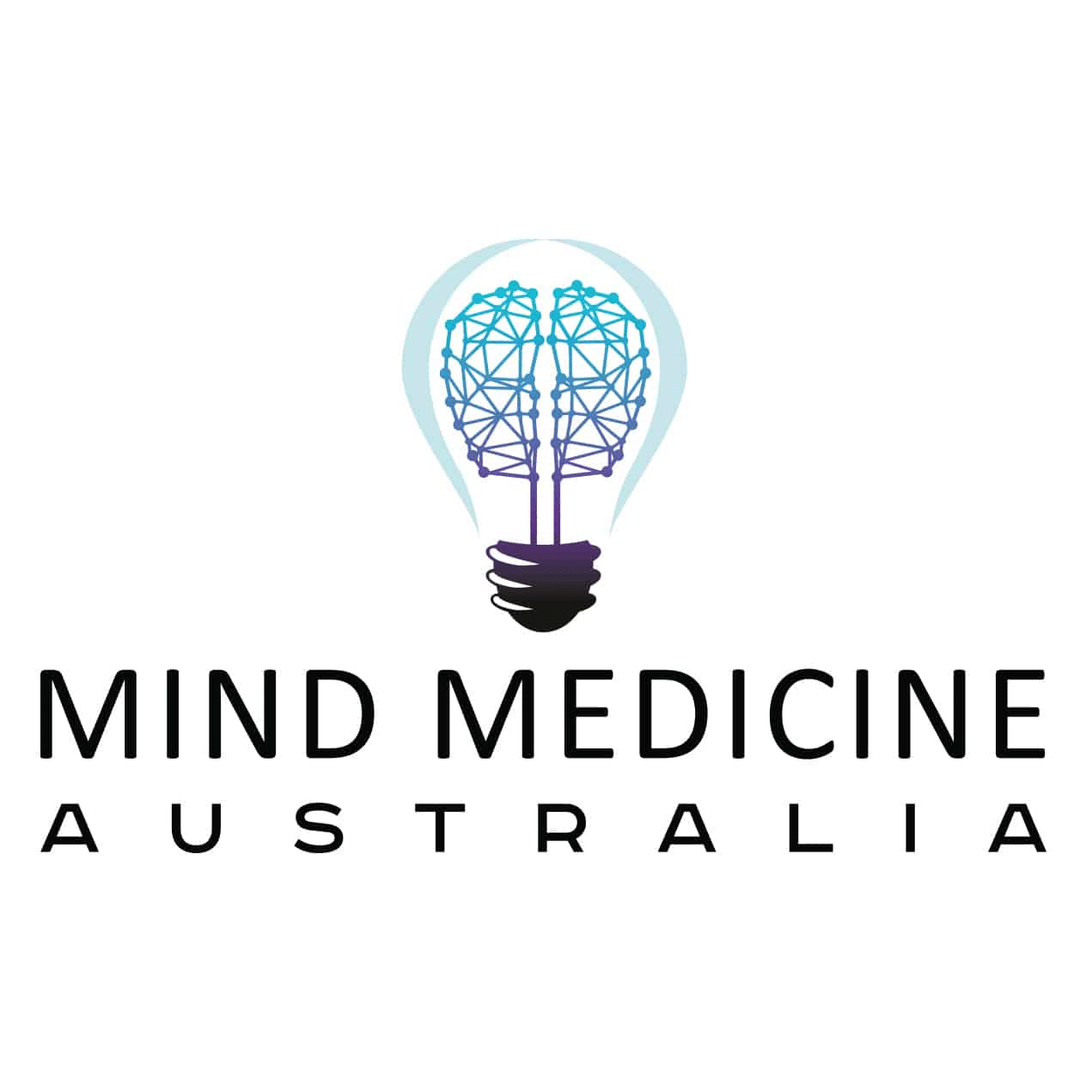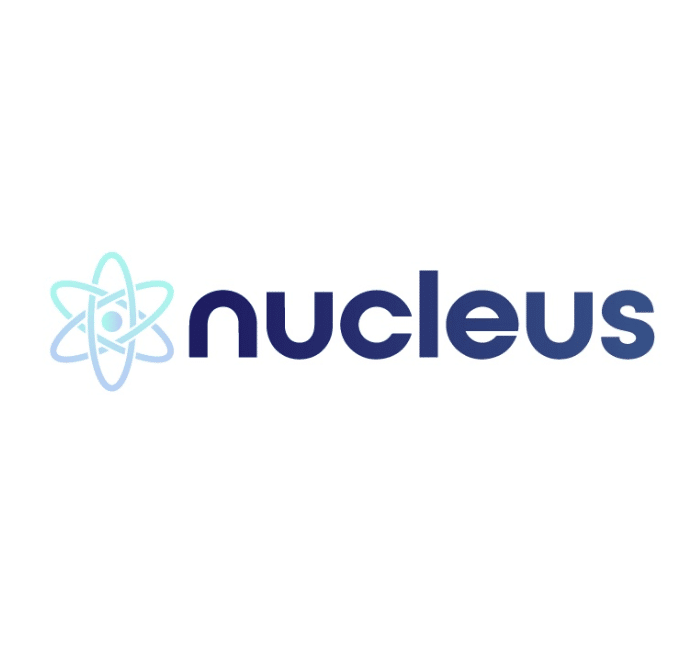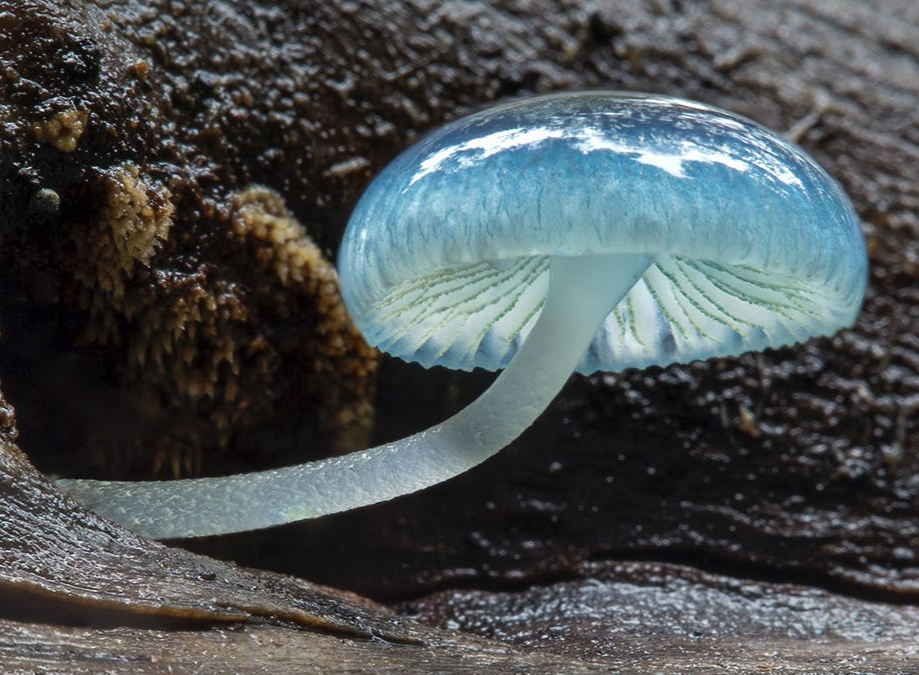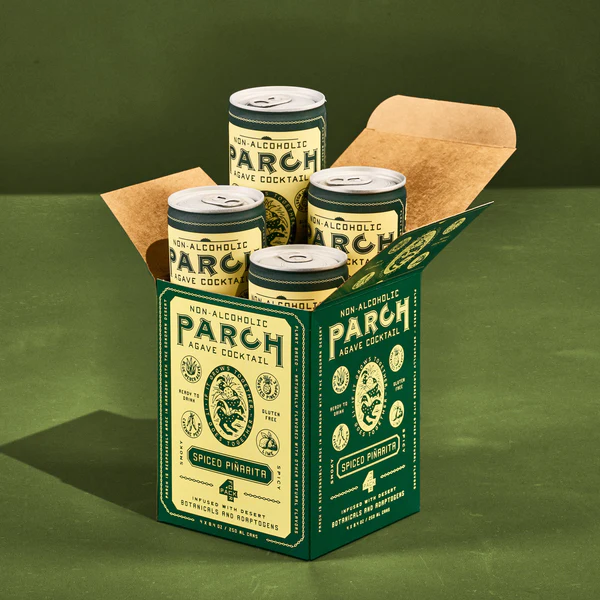Today we’ve got a special and timely issue on psychedelic therapy. Just this week, Australia became the first country in the world to legalize medical psychedelics.
That’s right: psilocybin and MDMA can now be legally prescribed by a psychiatrist to treat depression and PTSD (post-traumatic stress disorder)
But how did this all come to pass? What were the challenges? And where do other countries stand on their journey to bring alternative therapies to market?
For this issue, I had the pleasure of interviewing the legendary Peter Hunt, AM: Chairman of Mind Medicine Australia, and the man behind it all.
Let’s go 👇
(Note: This is Part 2 in our series on investing in psychedelics. Here’s Part 1)
Table of Contents
Legalizing psychedelics down under
When Australia announced it was legalizing the use of prescription MDMA and psilocybin, many were taken by surprise.
And for good reason: Australia has traditionally been a rather conservative country regarding drug legalization.
Take cannabis, for example. While the United States, Canada, and other progressive countries were busy creating pathways for legalized medicinal cannabis, Australia was sitting on the sidelines.
Yes, cannabis is still illegal in the US at the federal level. But at the state level, it’s a different story. California was the first state to legalize medicinal cannabis way back in 1996. Today, 38 states in the US have legalized medical cannabis, and recreational use is legal in 23 states.
Meanwhile, Australia didn’t follow suit until 2016. And recreational cannabis remains illegal in all Australian states & territories, except one.

So when it comes to the next era of alternative medicine, Australia has not only caught up quickly, but actually surpassed America (and the rest of the world).
Initial access to these new prescriptions will be costly and limited. But let’s be clear: This is a landmark moment.
And it’s all thanks to Peter Hunt AM, and an organization he co-founded called Mind Medicine Australia.
What is Mind Medicine Australia?
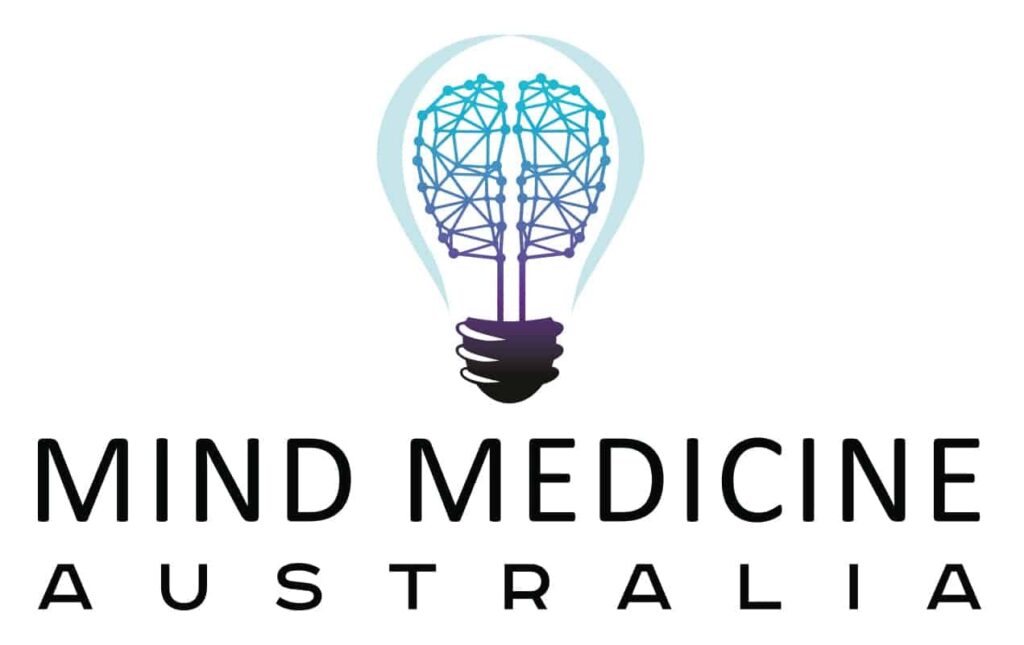
Mind Medicine Australia (MMA) is a charity set up in 2018 by Peter and his wife, Tania de Jong AM.
Peter’s story background is fascinating. He’s an ex-investment banker who started his own firm and later sold it to an American IB group. Tania’s grandmother Slawa patented the world’s first retractable folding umbrella, and fled the Nazis during the war — an incredible story that Tania spun into a musical she produced called Driftwood. (It’s coming to New York soon, if you live there I highly recommend seeing this.)
He and Tania are highly respected philanthropists and serial nonprofit entrepreneurs.
Peter created MMA in response to the terrible mental health statistics they saw in Australia. At the time, 1 in 5 Australians had some mental health condition, and over 45% of Australians will experience mental illness in their lifetime. (This was pre-covid, by the way. Today it’s likely significantly worse)
But the big elephant in the room was the near-total lack of effective treatments. The data was ugly:
- Over one-third (35%) of Australians diagnosed with depression go into remission.
- Another third are treatment-resistant, meaning basically nothing works for them. (An estimated 13.6% of Australians with depression meet this definition, which requires the failure of two prior treatments.)
- The remaining third get a positive response from treatment. But that treatment often includes using SSRIs, which can have nasty side effects.
In fact, 50-80% of patients relapse after treatment stops. And sadly, Australia has the second-highest per capita usage of antidepressants of all OECD countries. (Iceland is first)
Peter stumbled into psychedelics in 2017 after reading the new studies from Johns Hopkins University. Researchers found that, when combined with meditation, small doses of psilocybin brought about lasting changes in altruism, gratitude, and connection to others.
I became fascinated by just how effective psychedelics could be, and what a paradigm shift they represented for humanity. I traveled to the Netherlands, where psilocybin from truffles is legal, and went through medically-controlled “assisted trips” with both psilocybin and MDMA.
– Peter Hunt
Like so many before him, Peter came out of those experiences with a mind blown wide-open to new possibilities. Early data was already showing remission rates were vastly superior to mainstream medicine.
He was determined to make this a part of Australia’s health system.

How Mind Medicine got psilocybin and MDMA reclassified
There’s a lot of confusion about what exactly took place here. The key to everything changing started with rescheduling.
But it wasn’t an easy journey.
Here’s how it happened:
- Back in July 2020, Mind Medicine first lodged a rescheduling application to the Therapeutic Goods Administration (TGA)
- As part of the review process, the TGA brought in an expert panel to look at psilocybin and MDMA.
- After a 17-month review, the TGA ultimately rejected the application, saying there was insufficient evidence to reschedule the drugs.
- Not to be deterred, MMA doubled-down. They immediately put in another application in March 2022, carefully responding to each reason for rejection
- In the meantime, MMA created a massive awareness campaign to implore the public to also put in submissions. The TGA invited feedback from everyone, including researchers and practitioners to ensure that their voices could be heard. As a result, 20,000+ submissions were lodged, by far the largest amount for a medicine rescheduling. Half came from exactly the type of “frontline” experts who understood the importance of finding new treatments.
- They brought in a world-class expert, Professor David Nutt from Imperial College London, who presented his findings to the TGA in person.
What was the net result of all these efforts?
In February 2023, nearly 3 years after they began, the TGA did a 180-degree turnaround. They announced that psilocybin and MDMA would officially be rescheduled.
Boom 💥
By creating an all-star advisory board loaded with experts from around the world, the TGA knew they weren’t dealing with a set of nobodies, hippies, or amateurs. Their application had to be taken seriously — and it was.
Mind Medicine Australia was able to do what nobody else before them could. They overcame fifty years of bureaucratic misunderstanding and medical prejudice; passed down from previous generations who, through no fault of their own, learned about these drugs incorrectly.
In doing so, they turned Australia from a mental health backwater into a major, forward-thinking player on the world stage.
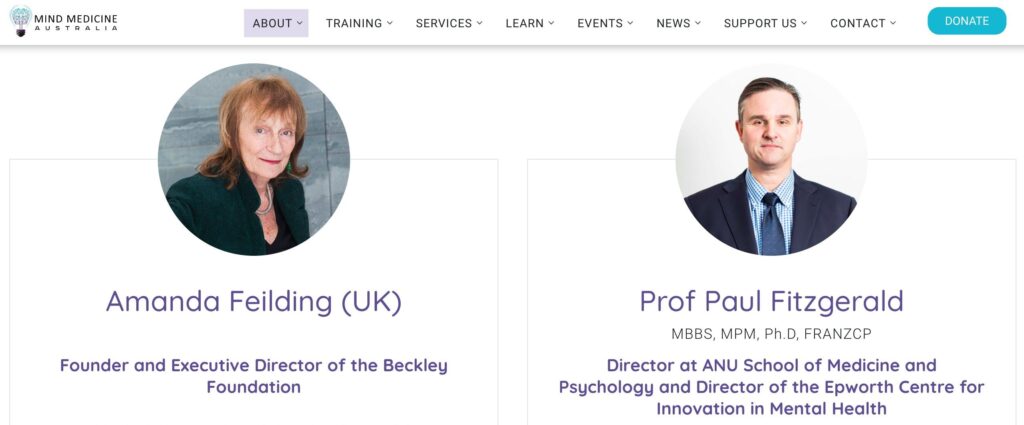
What does reclassification actually mean?
Both drugs have now been reclassified to Schedule 8, meaning they are a “Controlled Medicine.”
- Psilocybin is approved for treatment-resistant depression, and
- MDMA is approved for treatment-resistant PTSD
For all other uses, they will remain in Schedule 9 (Prohibited Substances).
This means that the ~33% of depression sufferers and ~60% of PTSD sufferers who cannot get help from traditional therapies are now eligible for the drugs. (Patients must have tried two different treatments in the past, neither of which have worked.)
Who can prescribe the drugs?
Of course, these won’t be sold over-the-counter; they need to be prescribed by a psychiatrist — specifically what’s known as an “authorized prescriber.”
This program officially began on July 1st. To become an authorized prescriber, psychiatrists must apply to an ethics committee, and the TGA.
To get approved, they’ll need to demonstrate that they are:
- Trained in these new psychedelic therapies
- Have appropriate safety protocols in place
- Can provide a suitable clinical environment for patients
Finally, they’ll need to find a source and supply of MDMA and psilocybin. MMA has announced an exclusive supply agreement with Canadian company Optimi Health to ensure that the Australian market will be adequately provided for.
Given the requirements, it’s likely to be a small club. Peter expects between 10-15 approved psychiatrists before the end of the year.
How much will it cost?
Once they’ve got sign-off, they’re good to go! How Australia rolls out clinical prescriptions (and at what cost) will be closely watched. Patients can expect to pay around A$10,000 for two psilocybin-assisted sessions, and A$15,000 for three MDMA-assisted sessions.
A bit pricey? Perhaps.
However, MMA has stuck to its guns to ensure that these treatments are available to those who need them by establishing a Patient Support Fund (PSF) that will offset the cost of treatment directly for the patient.
Who’s eligible to receive them?
To me, the interesting thing about all this is the eligibility.
Specifically, it’s fascinating how the definition of “treatment-resistant” is not quantitative.
See, when you break a leg and get it fixed, doctors clearly see in a scan that it’s healing. But mental health therapy doesn’t work that way. You can’t simply see positive results from a brain scan; it doesn’t really work that way. (Although thanks to new research from institutions like Monash University, this too may someday be possible.)
For now, results are qualitative. They’re based on patient feedback. It’s not anything a doctor can physically observe; it’s purely based on how the patient feels.
But that’s actually how it should be, right? Mental health is different from physical health. It’s about not feeling good about yourself, or your life, or the way you interact with the world. If the net result is that you feel more comfortable, then, well, that’s what success should look like.
– Peter Hunt

Where does reclassification stand in the US?
In the United States, the pathway for legal therapeutic use of MDMA + psilocybin goes directly through the FDA.
They haven’t exactly been asleep at the wheel. The FDA has previously granted breakthrough therapy status to MDMA and psilocybin. This designation recognizes a drug’s therapeutic potential, and is meant to streamline the road from research to approval.
But according to the FDA’s own guidance, what they really need to see is proof of successful therapy. If you can prove these drugs are therapeutic, you can show their medical value. And that’s just what research institutions & companies are starting to do.
Last November, MAPS (the Multidisciplinary Association for Psychedelic Studies — a nonprofit that advocates for psychedelic therapy, and a name everyone should know) announced it had completed a second phase 3 trial on MDMA as a treatment for PTSD. This step is considered the last hurdle to clear before applying for FDA approval.
MAPS recently held a conference attended 10,000 people, including celebrities like Aaron Rodgers, Melissa Etheridge, and New York Mets owner Steve Cohen, who donated $5 million to MAPS.
The road to FDA-approved psychedelic drugs has been long (and is ongoing). But 2025 could be the landmark year it happens. Approval is now anticipated within “approximately 24 months.”
And when it happens, American healthcare will change forever, The Dales Report had a good discussion with Ty Zakovich from the Healing REIT on what happens to the clinical model after FDA approval:
Closing thoughts
Mental health is the big elephant in the room.
While it’s no longer stigmatized, clinical depression still affects roughly 390 million people worldwide. It remains one of humanity’s most fundamental, unmet needs.
But now we’re seeing proof that drugs like psilocybin and MDMA can help. And Australia’s decision to formally recognize their therapeutic use is monumental.
Australia’s approval of these drugs will likely expedite the approval process in the US.
Regulators don’t like to be the first or the only ones. [Australia] is going to help regulators in the US and elsewhere feel more comfortable.
– Rick Doblin, founder of MAPS
He’s spot on. Regulators in other countries have already made similar decisions. Switzerland, Canada, and Israel now allow clinicians to use certain psychedelics (under specific circumstances) for patients with severe conditions. And there are already several legal psychedelic clinics on the island of Jamaica.
To be clear, there are still plenty of hurdles to overcome before FDA approval. And the battle won’t end there. The DEA (Drug Enforcement Agency) still classifies psychedelics as “having no currently accepted medical use.”
But the truth is, it doesn’t really matter. The drumbeat is getting louder, the mob has spoken, and the research & results from clinical trials speak for themselves. It’s increasingly looking like these drugs will find their place in medicine, and sooner than you think.
It’s mind-blowing how far we’ve come. But Australia has helped usher in a new era of psychedelic medicine.
Now things are about to get really interesting. 🍄
Further reading (lots of good stuff)
- TGA’s official announcement of the reclassification of psilocybin and MDMA
- Listen to Tania de Jong speak with grace and humility on what’s happening on the ground with this movement, on the SuperFeast Podcast
- Was Ibiza destined to be a party island? Hair from a 3,000-year-old site in the Balearic Islands contains the oldest evidence that humans took hallucinogenic drugs.
- Pain, hope, and science collide as athletes turn to magic mushrooms.
- Aura Health is the world’s leading mental health marketplace. It’s an interesting angle they have. We analyzed the company a few months ago.
- When Mind Medicine Australia started, only a handful of universities focused on psychedelic medicine/therapies. Now it’s in vogue. The $40m Psychae Institute recently opened in Melbourne.
- Psilocybin “trips” usually last 6-8 hours in duration. Aussie biotech startup Psylo hopes to develop a shorter-acting version, which could be very useful for authorized prescribers.
- But tripless psychedelics are an even more mind-blowing technology. California-based Delix Therapeutics and Florida-based Psilera are looking to create non-hallucinogenic psilocybin. Essentially these are psychedelics minus the hallucinogenic effects. Incredible stuff 😲
- We’re also seeing a bunch of startups work on non-drug therapies.
- The Trip Report is a Substack newsletter founded by community member Zach Haigney and recently acquired by Beckley Waves, a psychedelic venture studio.
- Alts community member Josh Hardman is a psychedelic investor with a newsletter called Psychedelic Alpha.
- Psychedelic Invest is the go-to resource for all things psychedelic news. (Note: Psychedelic Invest is a portfolio company of Nucleus, a venture studio we’ve invested in through our ALTS 1 Fund.)
- Finally, Alts community member Didier Lebon told us about something really cool. There’s a rare mushroom in Bhutan called Wild Cordyceps, also known as “Magic Caterpillar Fungus.” This stuff costs $27,000 per kilo – about 4-5x the price of standard magic mushrooms. The fungus infects caterpillars, grows through the head, kills it, and drains all the energy from the insect. It’s considered to enhance immunity, stamina, and longevity.
Disclosures
- We have invested in Nucleus, the venture studio for psychedelics, through our ALTS 1 Fund
- Aura Health is an Alts sponsor
- I have no personal investments in any companies or entities mentioned in this issue.
- I have never ingested Magic Caterpillar Fungus. (But I’m tempted to buy some from this site.)
- This issue contains no affiliate links.



